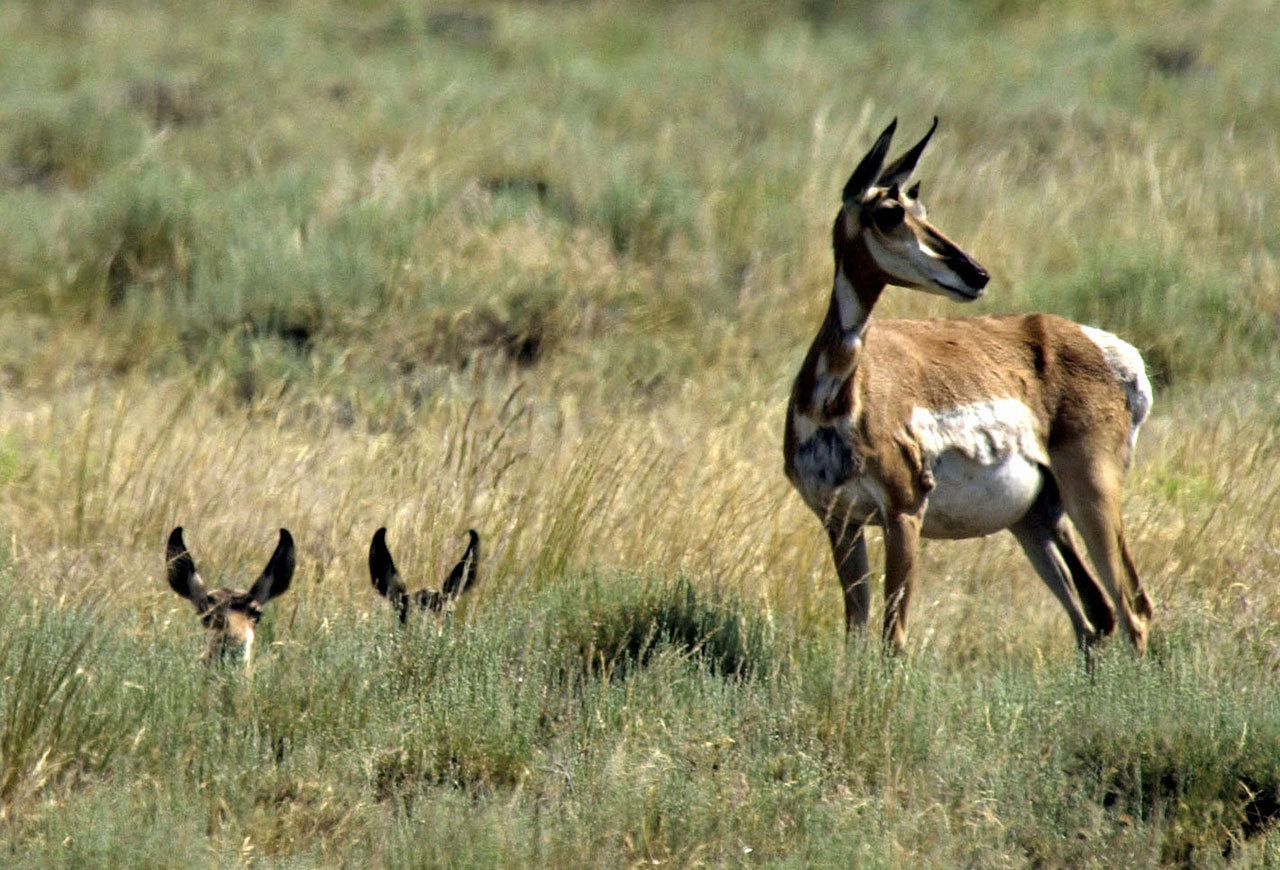By Keith Ridler
The Associated Press
BOISE, Idaho — A change in U.S. House rules making it easier to transfer millions of acres of federal public lands to states is worrying hunters and other outdoor enthusiasts across the West who fear losing access.
Lawmakers earlier this month passed a rule eliminating a significant budget hurdle and written so broadly that it includes national parks.
President-elect Donald Trump’s pick for Interior secretary, Montana Rep. Ryan Zinke, voted for the rule change as did many other Republicans. The Senate would have to weigh in on public land transfers as well.
“Anybody who uses them for any kind of outdoor activity — snowmobiling, mountain biking, hunters, all that — they’re very alarmed by all this, the loss of access that this could lead to,” said Boise State University professor and public lands policy expert John Freemuth.
The rule passed by the House defines federal land that could be given to states as “any land owned by the United States, including the surface estate, the subsurface estate, or any improvements thereon.”
About a million square miles of public land is managed by the federal government, mostly in 12 Western states, according to the Congressional Research Service.
Some state lawmakers in recent years have made failed efforts to wrest control of those lands, mainly to reduce obstacles to accessing resources such as timber, natural gas and oil, Freemuth noted.
U.S. lawmakers have the authority to transfer those lands to states. Outdoor recreationists fear states would then sell the land to private entities that would end public access.
Zinke, whose confirmation hearing to become Interior secretary was Tuesday, has a track record of opposing public land transfers. Last summer, he resigned as a delegate to the Republican National Convention, which favors such transfers.
“The congressman has never voted to sell or transfer federal lands and he maintains his position against the sale or transfer of federal lands,” Heather Swift, a Zinke spokeswoman, said in an email.
Whit Fosburgh, CEO of the Theodore Roosevelt Conservation Partnership, which works to guarantee places to hunt and fish, said he’s inclined to excuse Zinke on his House vote favoring transfers because of his record being “very solid on these public lands issues.”
Still, Fosburgh was irked that the House approved a rule that he said essentially allows federal public land to be given away as if it had no value.
Rep. Mike Simpson, R-Idaho, also voted for the rule easing transfers. But Simpson was also the driver of a 2015 bill that created three wilderness areas in Idaho after he got ranchers, recreationists and environmental groups to back the plan after a 15-year effort.
The possibility that President Barack Obama would designate a much larger area as a national monument is widely believed to have led to the bill passed by the House and Senate.
“There is no disputing Congressman Simpson is a supporter of public lands,” Nikki Wallace, a spokeswoman for Simpson, said in an email.
Freemuth noted that even with a rule change, land transfers would face significant challenges.
“Whatever Zinke says early will affect those attempts,” Freemuth said.
He and Fosburgh fear that federal land turned over to states would be too expensive to manage, particularly when it comes to fighting wildfires.
Freemuth believes states would sell land to private entities. Fosburgh was equally dismissive, saying transfers would eventually lead to private owners and no public access.
“You get rid of public lands, you end hunting and fishing in this country as we know it today,” Fosburgh said.

